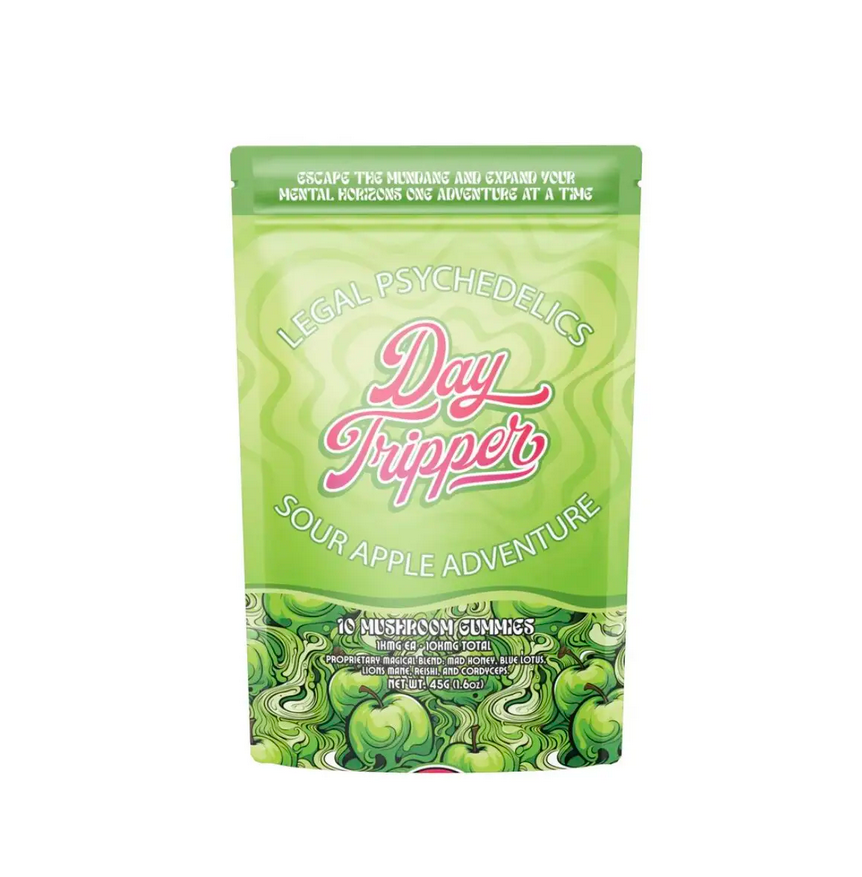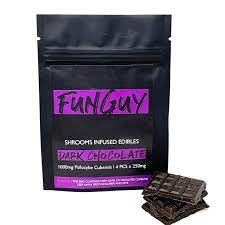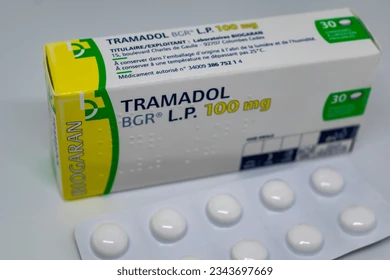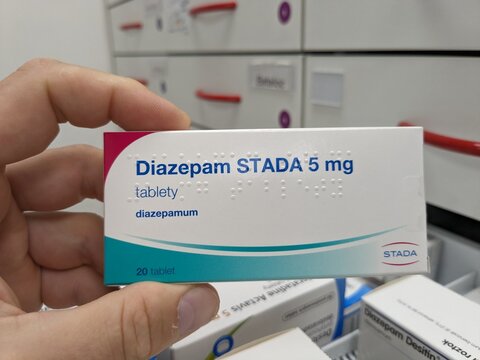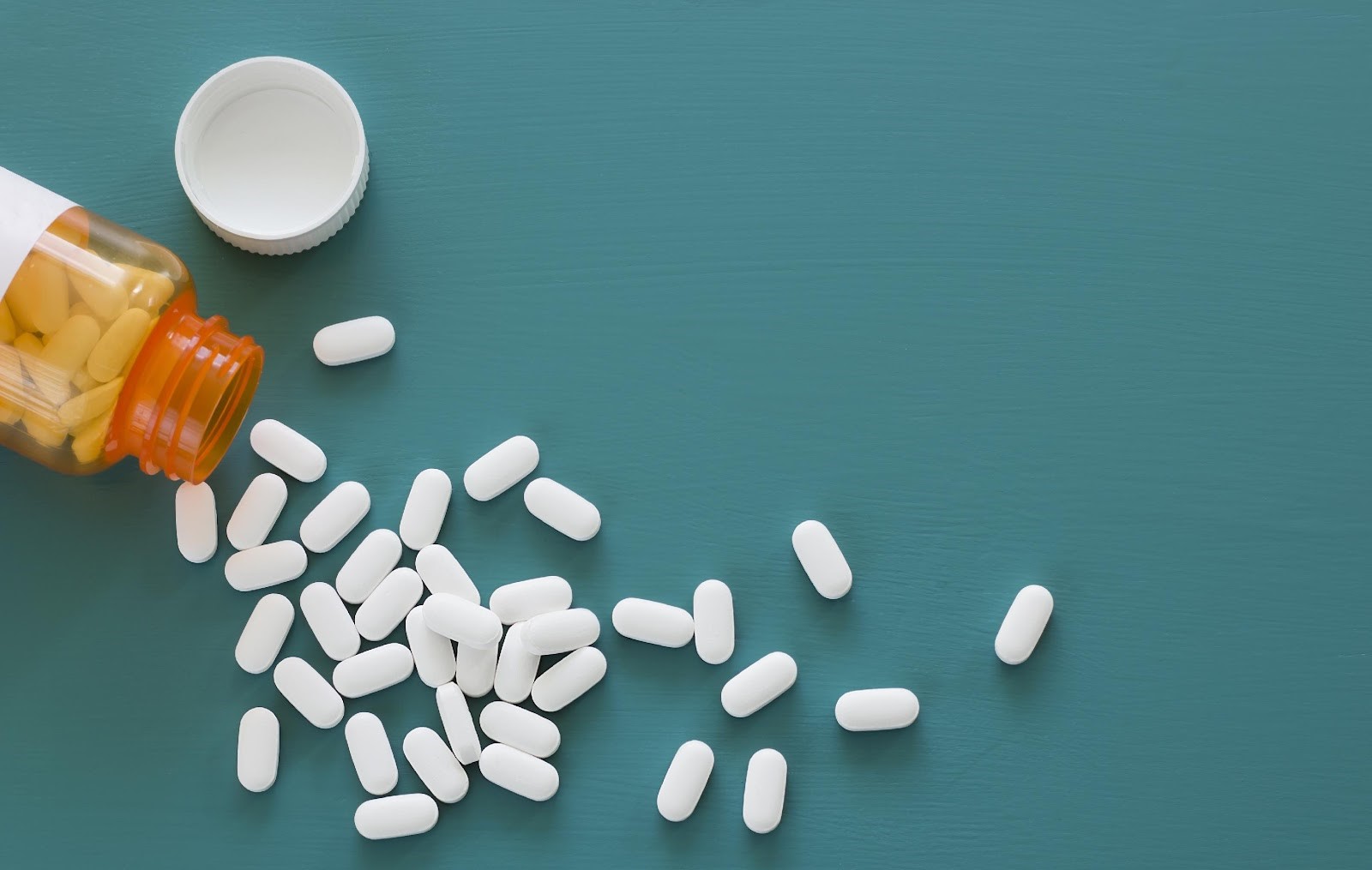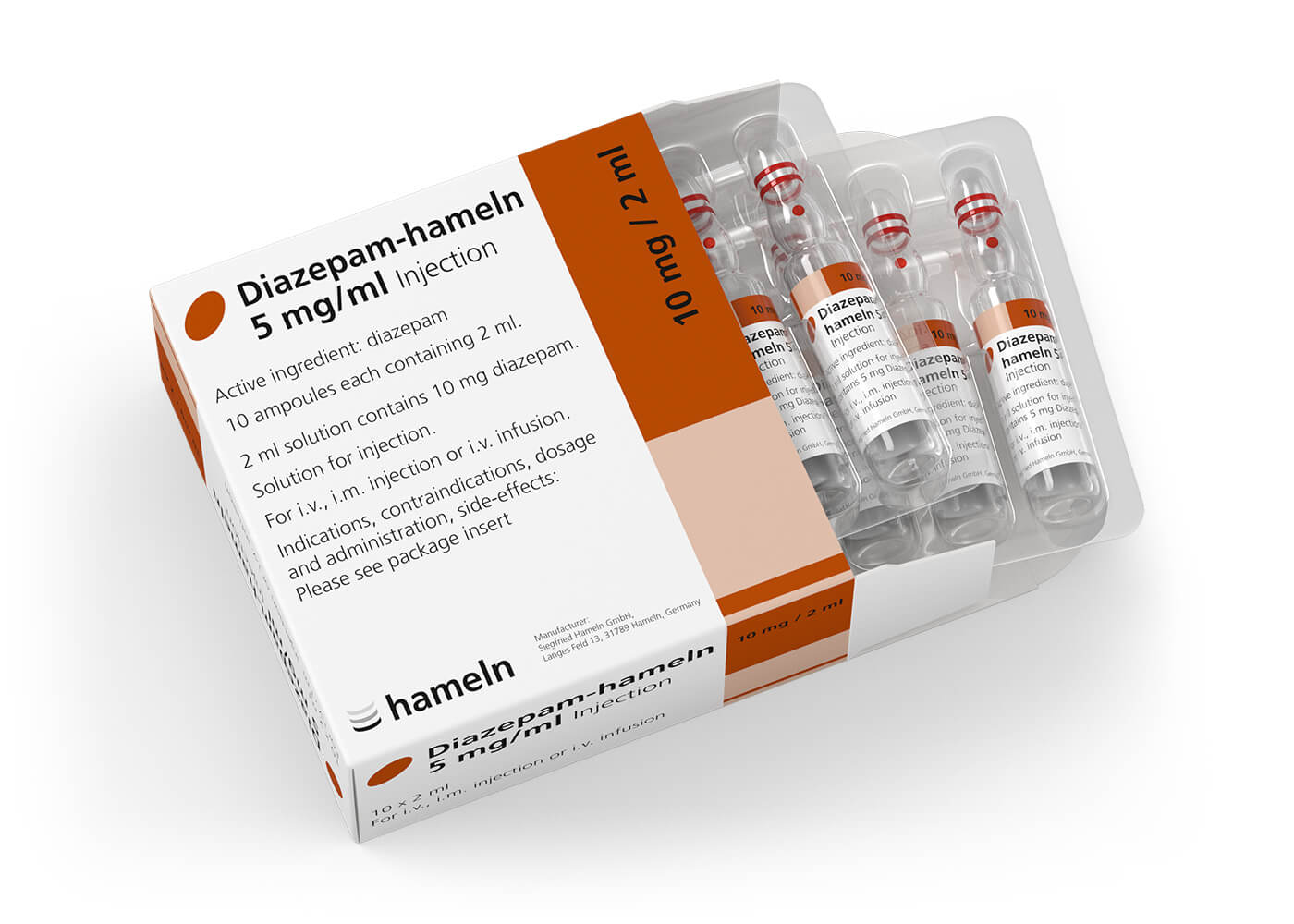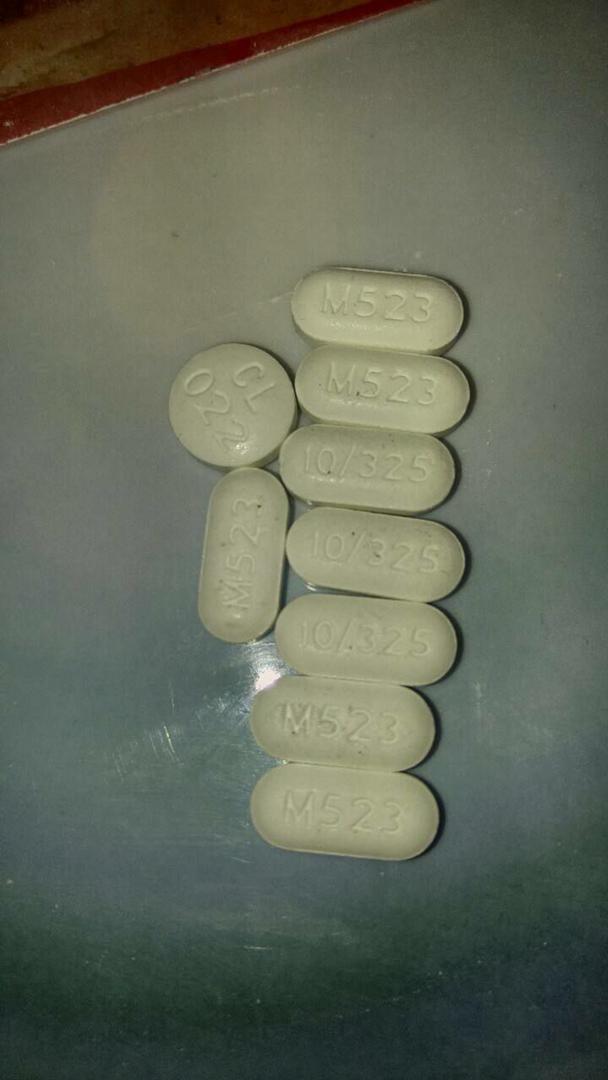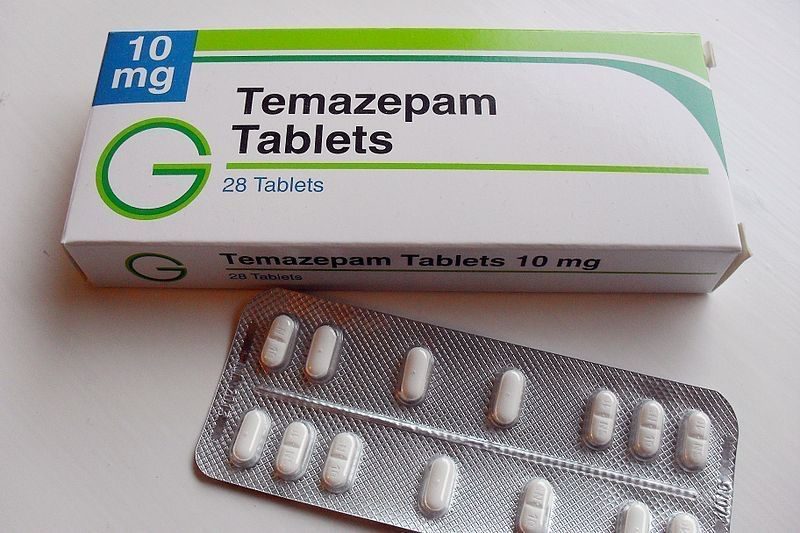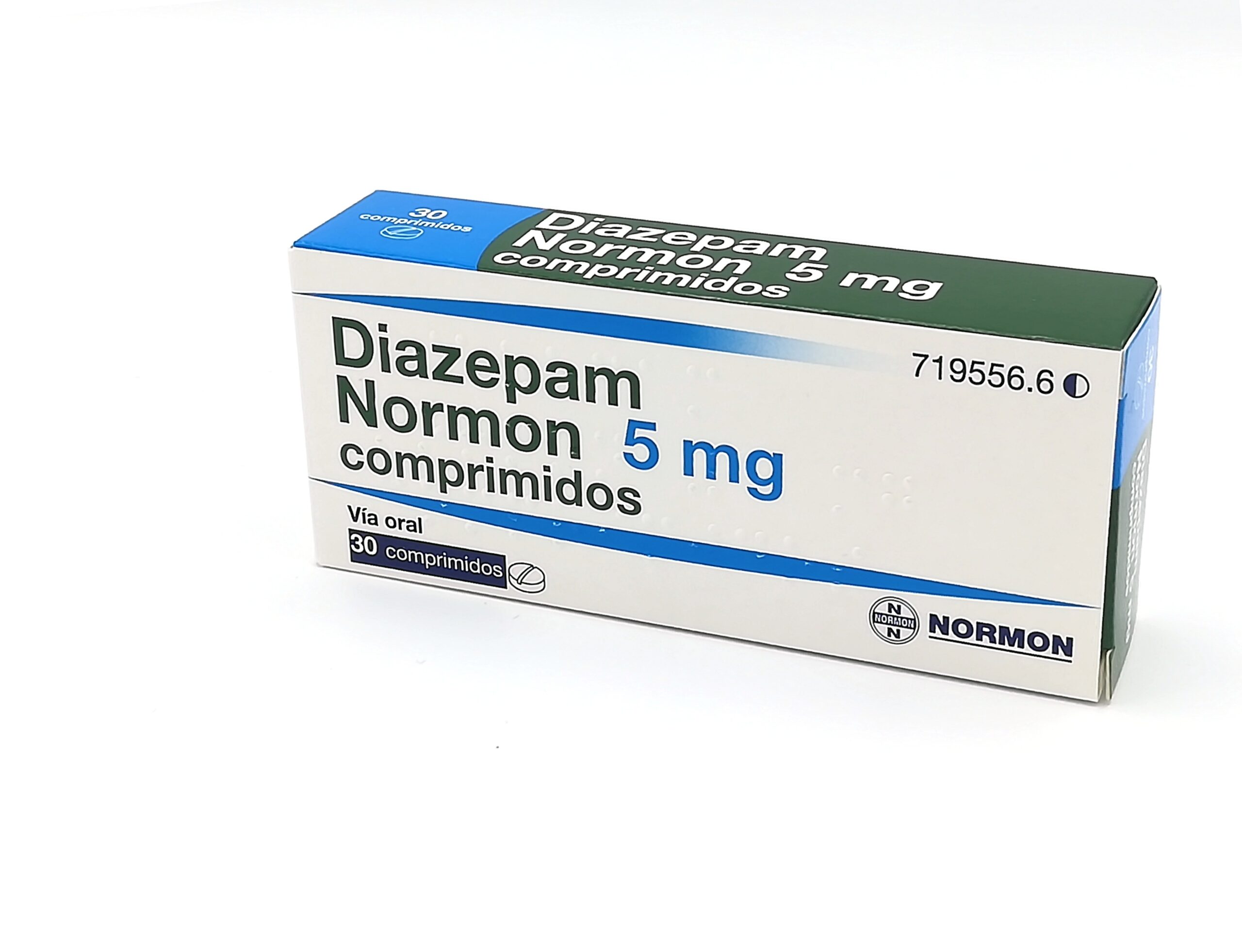Introduction Sour Apple Mushroom Gummies have gained attention as a popular microdosing option in recent years. Microdosing involves consuming very small amounts of psychedelic substances—commonly psilocybin from mushrooms—to enhance mood, creativity, focus, and overall cognitive well-being. Unlike full-dose psychedelics, microdoses typically do not cause hallucinations but may influence neural pathways subtly, potentially supporting mental health […]
Microdosing has quickly grown from a niche wellness trend into a mainstream mental health practice across the UK and Australia, especially among individuals struggling with anxiety, burnout, ADHD symptoms, and chronic stress. One of the most popular microdosing products emerging today is the FunGuy Dark Chocolate Crunch, a psilocybin-infused edible known for its balanced dosing, […]
Chronic pain and associated mental health challenges are widespread in Sweden, affecting both physical functioning and emotional well-being. Medications like Tramadol 100mg and Oxycodone 30mg are essential for managing moderate to severe pain, including neuropathic conditions, post-surgical discomfort, and chronic musculoskeletal issues. Beyond pain management, these medications also play a role in improving sleep and […]
Anxiety and stress disorders are increasingly prevalent in the Netherlands, affecting millions of adults who struggle with work pressure, chronic stress, and sleep disturbances. Diazepam 5mg, a widely prescribed benzodiazepine, remains a key option for managing anxiety, muscle tension, and related stress symptoms. While obtaining medications through traditional Dutch pharmacies is standard, privacy concerns, accessibility […]
Attention Deficit Hyperactivity Disorder (ADHD) is a neurodevelopmental condition affecting both children and adults across the Netherlands. Characterized by difficulties in sustaining attention, hyperactivity, and impulsive behaviors, ADHD can significantly impact academic performance, work productivity, and everyday functioning. Medications such as Ritalin (methylphenidate) and Adderall (amphetamine salts) remain cornerstone treatments for managing ADHD symptoms. They […]
Anxiety and sleep disorders are increasingly common in Germany, affecting millions of adults who struggle with chronic stress, insomnia, or comorbid conditions like ADHD. Prescription medications such as Diazepam 5mg and Temazepam 20mg are widely used to manage anxiety, promote relaxation, and improve sleep quality. With accessibility challenges and privacy concerns, many Germans are turning […]
Chronic pain affects millions of Germans, significantly impacting quality of life, work productivity, and mental health. For many, prescription medications like Tramadol 100mg and Hydrocodone are essential for managing persistent pain conditions such as neuropathy, arthritis, fibromyalgia, and post-surgical recovery. While these medications are highly effective, accessibility challenges and privacy concerns have driven patients to […]
Anxiety and sleep disorders are increasingly prevalent in Australia, affecting millions of adults and adolescents who struggle with stress, insomnia, or co-occurring conditions such as ADHD. Prescription medications like Diazepam and Temazepam remain cornerstone treatments, offering relief from chronic anxiety, panic attacks, and sleep disturbances. As accessibility challenges continue, many Australians are exploring online sources […]
Attention Deficit Hyperactivity Disorder (ADHD) affects millions of Australians, both children and adults, creating significant challenges in attention, focus, and executive functioning. For many, prescription stimulant medications like Adderall and Ritalin are essential tools for managing symptoms, improving productivity, and maintaining daily routines. The rising demand for ADHD medications has pushed many patients to explore […]
Anxiety and sleep disorders are increasingly common in Canada, affecting millions of adults who struggle with chronic stress, panic attacks, insomnia, or comorbid conditions such as ADHD. For many, prescription medications like Diazepam and Temazepam are vital tools for managing symptoms, promoting restful sleep, and maintaining overall mental health. While these medications are highly effective, […]
